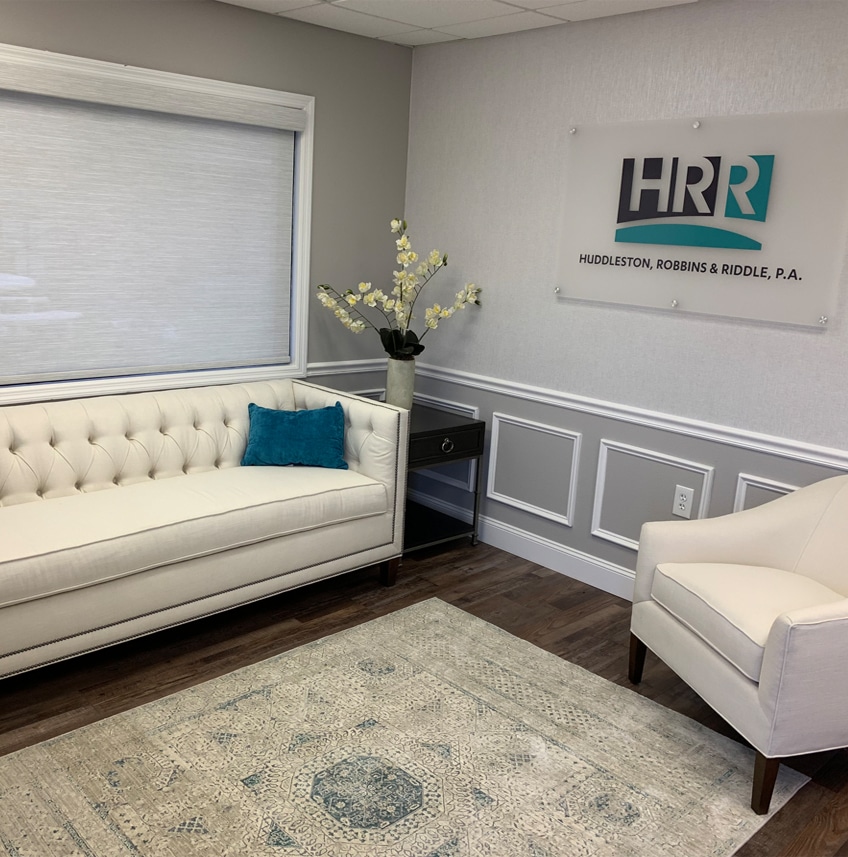Should I Give Up on my Disability Claim if my Health Improves?

Category: Disability Law , Social Security
- 11 Jun 2021
- Posted By admin
This is a question we get from time to time. The answer we give is always the same. An improvement in health does not necessarily guarantee that it will continue improving or stay improved. Often times there can be improvements before the full weight of the disability is thrust back on the disabled person.
Disability cases can be long and hard fought so it is important not to give up. You need to plan for the possibility that your condition will worsen. This is your safety net. Furthermore, even if the condition improves and stays improved you can get disability benefits for the period of time that you were unable to work, as long as that time period is at least 12 months in duration. This is called a “closed period” of disability.
If you decide to have any attorney represent you in your case, it is important to share all information with him or her. They can help you decide the best course of action for your case. Remember, you paid into the system in case this happened so you are entitled to that coverage.
An attorney can help you recover benefits from the period of time before you filed your claim, when you were unable to work or be substantially gainfully employed. The attorney only makes money if you are entitled to back benefits. The standard rate is 25% from the back-pay and is not to exceed $6,000. If your case is not approved, an attorney does not receive attorney’s fees.
While you may be entitled to back pay once deemed disabled, the SSA does have a waiting period of 5 months for benefits relating to SSDI claims. But payments for SSI claims begin on the first of the month after you file for benefits.
It is imperative that you show up for the hearing for the closed-period of Social Security benefits. This is regardless of your current mental or physical condition. Your attorney will be there with you.
We hope you have found this article helpful and please feel free to reach out to us to answer any questions which you may have concerning this or any social security or disability topic.








